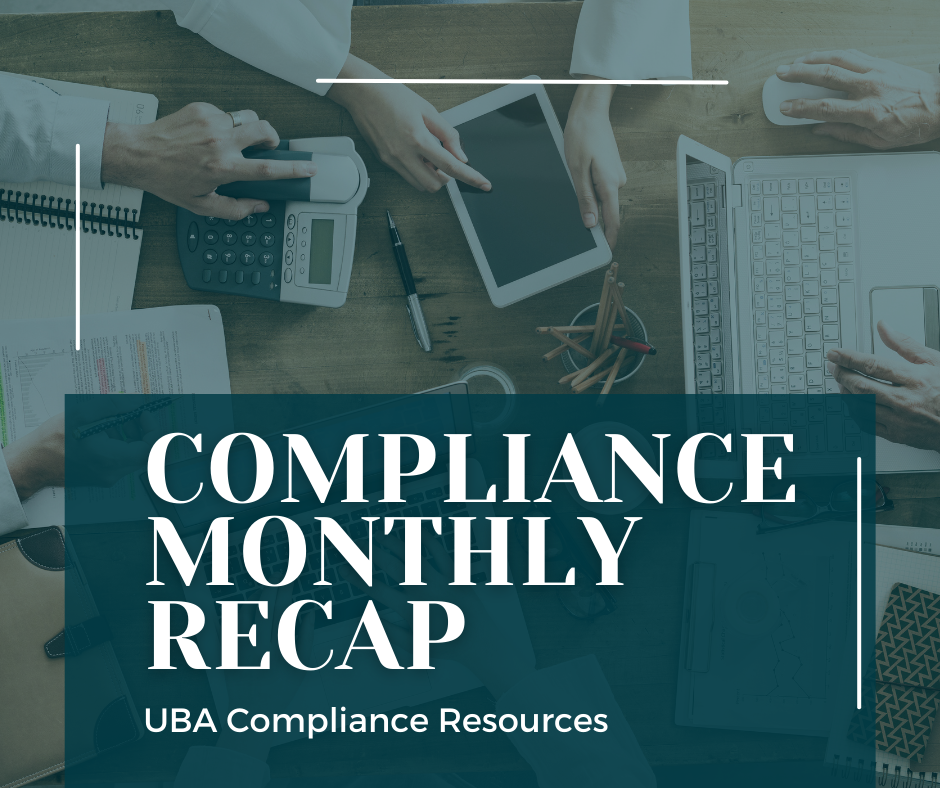Tag: FSA

The Truth About FSAs: Facts, Myths, and Tips
Flexible Spending Accounts (FSAs) offer unique advantages for managing health and dependent care expenses, but they operate differently from standard savings or spending accounts. Below are five essential facts about FSAs, along with common myths and clarifications to help you make the most of this benefit. Key FSA Facts: Tax Advantages: A major perk of…

Compliance Recap | Sept. 2024
SUMMARY ANNUAL REPORT DUE The Summary Annual Report (SAR) is a disclosure requirement under ERISA. The SAR acts as a narrative of the Form 5500 for employee benefit plans. It includes financial statements, funding requirements, and participants’ rights. The SAR must be provided to participants and enrolled beneficiaries within nine months after the end of the plan…

Benefits 101: What Is a FSA?
When it comes to health insurance, there is a lot of jargon and plenty of acronyms. Many people have heard of FSAs, but may not actually know — what is a flexible spending account, exactly? If you have an employer-sponsored health plan, a flexible spending account (FSA) is often available as part of the benefits…

Understand Your Spending Power: What You Can Buy with Your FSA, HSA, or HRA
Medical expense accounts can help you save on all kinds of healthcare costs. Here are some you may not know about yet. HSA, FSA, and HRA can typically be used for: Medical expenses: Doctor visits, surgeries, prescriptions, dental and vision care, and mental health services. Over-the-counter (OTC) medications: Many OTC medications, including pain relievers, allergy…

Question of the Month: FSAs and FSA Carryovers
Q: What are the time and dollar limits for flexible spending arrangements (FSA) and FSA carryovers? A: For 2024, the most that can be deferred to an FSA is $3,200 (a $150 increase from 2023). The amount of a 2024 FSA balance that can be carried over into 2025 is $640 (up from $610 in 2023). A…

Using a Flexible Spending Account (FSA)
If you have a health plan through a job, you can use a Flexible Spending Account (FSA) to pay for health care costs, like deductibles, copayments, coinsurance, and some drugs. They can lower your taxes. How Flexible Spending Accounts work A Flexible Spending Account (FSA, also called a “flexible spending arrangement”) is a special account…





